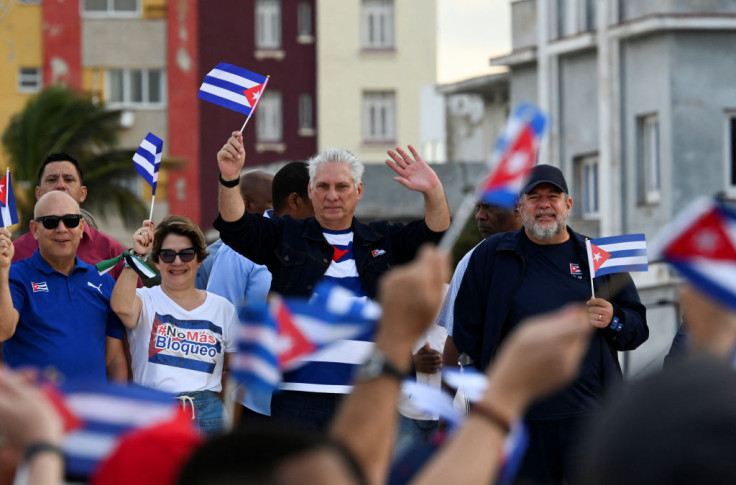
Cuba's military-controlled conglomerate, GAESA, has stashed away as much as $18 billion in offshore and dollar-denominated assets even though the country faces its worst economic and humanitarian crisis in decades, according to a new report.
The records show that assets held by key subsidiaries of GAESA—including Gaviota and Almest, which manage and invest in tourism infrastructure— were far higher than the government's spending on public services.
One balance sheet from July 2023 shows Almest and Gaviota with a combined net worth of 22.6 billion Cuban pesos, nearly 13 times the amount invested in Cuba's health system and social programs that year, The Miami Herald pointed out.
Gaviota alone, which manages 115 hotels as well as rental car and travel businesses, held $4.3 billion in readily available cash. These available funds stood in sharp contrast to the deteriorating conditions faced by Cuban society, which includes frequent country-wide blackouts, extreme fuel shortages and a collapse of basic public services.
While the Cuban government continues to blame U.S. sanctions for the country's inability to sustain basic infrastructure and afford basic supplies—claiming, for example, that it needs $250 million annually to maintain the electrical grid and $129 million for hospitals—The Miami Herald's investigation shows that military-run firms have maintained access to foreign currency and continue investing heavily in luxury tourism development.
"This report shows GAESA's bank accounts are stuffed with cash—billions—while the island endures austerity," the outlet noted. Economist Pavel Vidal, a professor at Pontifica Javeriana University in Colombia, told the Herald that "there are many factors that have led to the current crisis but this is one of the most notable and explains the blackouts."
Vidal added that spending vast sums on hotels while the rest of the economy collapses undermines the image of Cuba as a centrally planned economy and "is evidence that for a long time, there have been two parallel governments."
While U.S. sanctions, particularly under the Trump administration, have targeted GAESA's access to revenue from remittances and tourism, the group continues to operate through a network of front companies, shielding its holdings from external pressure.
© 2025 Latin Times. All rights reserved. Do not reproduce without permission.









